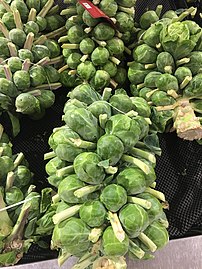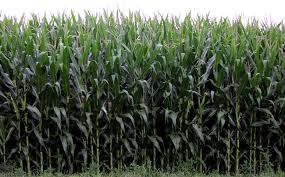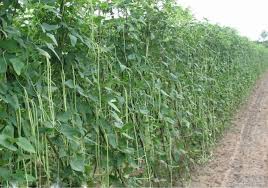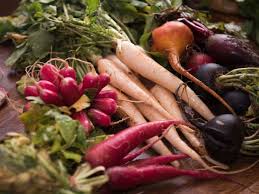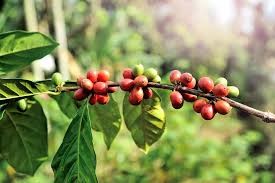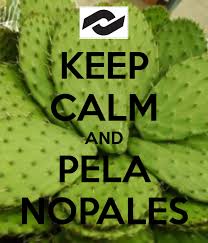This week, during my morning walk, I saw an almond tree in one of the yards. That is a Shkedia. It was a pleasant winter morning, the sun playing with the wind high among the clouds and made everyone wrap up in their coats and then take them, continuously, which was amusing to observe from the side.

I like to listen to the drops and be grateful for the roof over our heads and the heating devices we own, and for the bowl of something delicious, and also for the people who accompany me in this weather, so that the cold doesn't get too deep into our hearts. I sometimes think of the people who lived here hundreds and thousands of years ago, of the gatherers and nomads – of the winters and rains they went through, and how it feels not to know whether you will have a roof during the rain, and where you will be tomorrow and if there will be enough food.
Among the passed winter days was also a day with a special date – December 21st, the shortest day of the year with the longest night of the year accordingly (only 7 hours and 41 minutes of light. 8 hours and 49 minutes less than the longest day of the year, in June …So if you felt that "the day flew by", that may be the reason). On the winter solstice, for those in the northern hemisphere, the sun is at an angle where the number of hours of sun light is the smallest, and from which, according to the earth's orbit and the angle of it's axis, the number hours of light begin to increase.

Brussels sprouts is a kind of wild cabbage, which means that it belongs to the Brassicaceae family, formerly known as Cruciferae. Along with it in the same family, meaning specie, are the broccoli, kohlrabi and cabbage. Like the broccoli, Brussels sprouts also contains materials (such as Sulforaphane) that fight cancer, diabetes and bacteria (so it is less advisable to cook cabbage, and better to steam it, or, if preferred – saute it. When sauteed, it is much more delicious…). Brussels sprouts also contain vitamin K, vitamin C, folic acid and nutritional fiber. Like broccoli, Brussels sprouts are not popular among kids. Maybe it has to do with the green color, but most the kids I know for some reason twist their noses when confronted with broccoli and Brussels sprouts, even if they have never tasted them. (Exceptional to this statement are the children of one good friend of mine, who fight between them who will get more of the broccoli roasted in Teriyaki sauce, and that, in my opinion, makes her worthy of lighting an Independence Day beacon).
The first to understand the magic of the Brussels sprouts were probably the Romans, since and like various varieties of the wild cabbage, it originated in the Mediterranean basin.
In Russian it is called “Brussels Cabbage”, in Polish “Kapustabrukselska” because it was originally grown, in the form as we know it, in Belgium around the 13thcentury. While in Hebrew it is simply “Cabbage Buds”. Simple and nice.
Brussels sprouts grow nicely in a wide range of temperatures: 7-24 degrees Celsius, but the crop is larger in cooler weather of 15-18 degrees Celsius. The ripening process of the buds, which grow in a spiral form around the central pillar, takes place upwards, from the base of the plant to the top. You can pick the edible buds manually, one by one, or cut the stem.

It is especially easy to ruin the Brussels sprouts during the preparation process – A little bit of over cooking or over steaming and its texture becomes unattractive. Still, it is equally easy to prepare it to obtain a very tasty dish: slightly saute in butter with garlic (you can also add white wine or breadcrumbs) and get a dish that pleases both the mouth and the stomach. Brussels sprouts are enhanced by the addition of sour flavors, like lemon, and also of more complex and rich flavors – like blue cheese or sauces containing mustard. I recommend to start from the simple recipes, and then find what's delicious…
Yours,
Maggie's Garden Team
Forecast:
In the ORGANIC vegetable baskets we expect (draft only):
Cucumber
Tomato
Lettuce
Potato
Cabbage
Pepper
Parsley
Onion
Swiis Chard
The Large organic vegetable baskets also include:
Spinach
Coriander
Dill
In the ORGANIC fruit baskets:
Bannana
Orange
Pomelo
The large ORGANIC fruit baskets also include:
Red Pomelo
Clementine
The ORGANIC Green Basket:
Celery
Kale
Dill
A kind of lettuce
Mint
Sprouts
Argula

